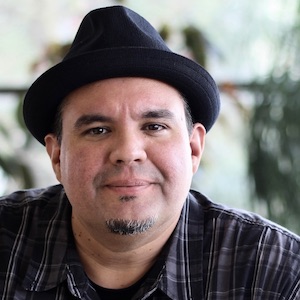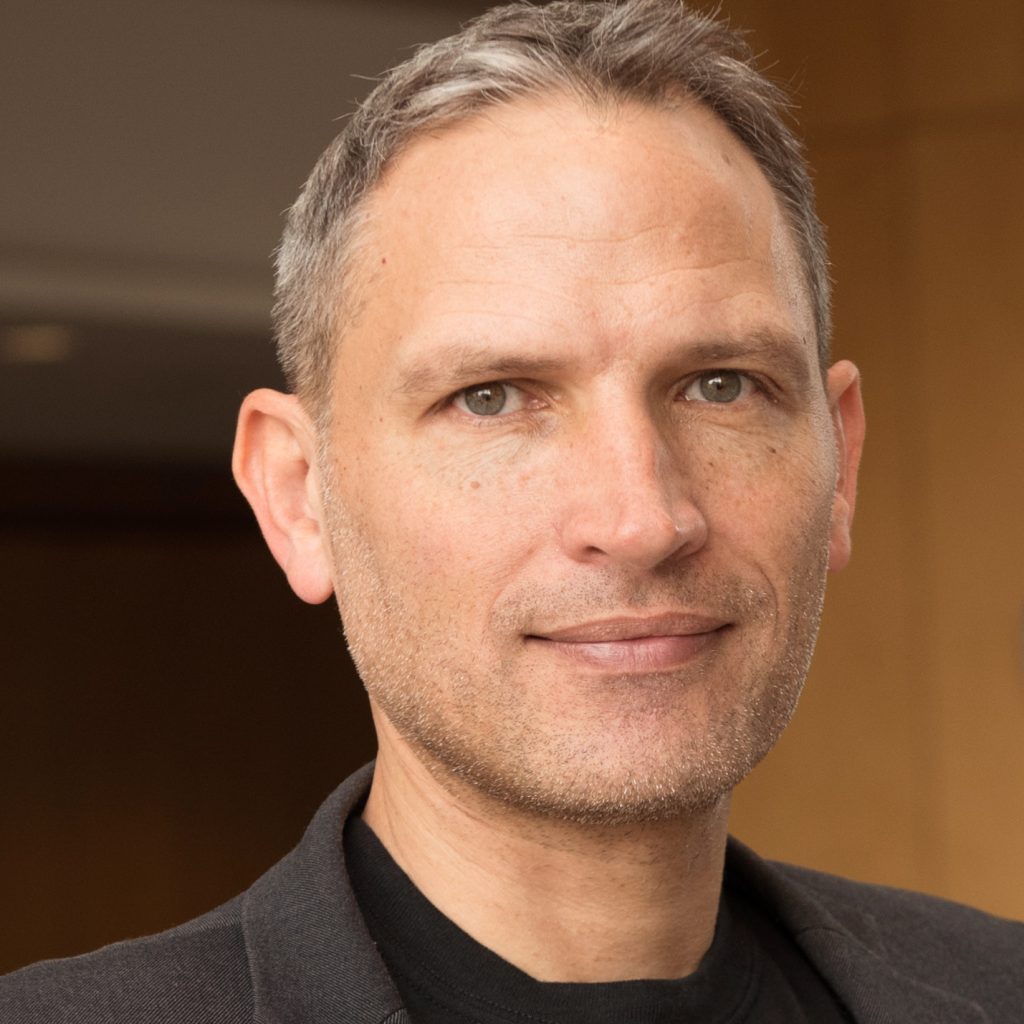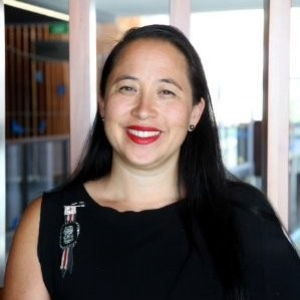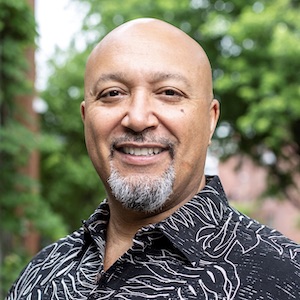MUTEK FORUM Panel: Abundant Intelligences at the Intersections of Neuroscience, AI, Art, and Indigenous Knowledges
This panel at MUTEK FORUM 2024 brought together Abundant Intelligences members Dr Melanie Cheung (Neuroscientist, Aotearoa), Professor Karim Jerbi (Canada Research Chair in Computational Neuroscience and Cognitive Neuroimaging. Director at UNIQUE. Assoc. Professor at Mila), Artist and Professor Jackson Two Bears (Canada Research Chair in Indigenous Arts Research & Technology. Assoc. Professor Visual Art and Indigenous Studies at Western University) to discuss the intersections of Neuroscience, AI, Art and Indigenous Knowledges.
Event
Impact
Co-investigator Feature
Conference / panel
Speakers:
Jackson Leween TwoBears
Karim Jerbi
Melanie Cheung
Jason Edward Lewis
Date:
2024-08-23
Location:
Canada
Featured People

Jackson Leween TwoBears
Dr. Jackson Two Bears is Canada Research Chair in Indigenous Arts Research and Technology and Associate Professor of Indigenous Art Studio and Media Arts at the University of Lethbridge. His research-creation activities focus on Indigenous land-based histories and embodied cultural knowledge, exploring creative uses of digital technologies to support the innovation, transmission, expression, and transformation of First Nations, Métis, and Inuit creative and cultural practices. His recent works focus on the impacts of changing technologies on contemporary Indigenous politics, culture, and society. He has worked extensively with/in Indigenous communities, notably the Blackfoot (Niitsitapi) community in Treaty 7 territory and in his own Haudenosaunee community of Six Nations. He is co-investigator on a large-scale research project called Mootookakio’ssin, working with Dr. Leroy Little Bear and several Blackfoot knowledge-keepers to create high-resolution 3D models of sacred Niitsitapi artifacts kept in museums around the world. Two Bears’ research lab, Onkwehonwe Research Environment (ORE), supports numerous research collaborations with the Blackfoot community and community organizations in Six Nations. ORE is currently involved in a project with an Ohsweken community organization, Thru the Red Door, and MIT researchers creating virtual environments for Haudenosaunee cultural practice and language revitalization based on longhouse/community protocols.

Karim Jerbi
Karim Jerbi is a professor at the Psychology department of the University of Montreal. He is Canada Research Chair in Computational Neuroscience and Cognitive Neuroimaging and heads UNIQUE, the Quebec-wide Neuro-AI research center. He is also associate professor at Mila (the Quebec AI research institute). Dr Jerbi holds a PhD in Cognitive Neuroscience and Brain Imaging from the Pierre & Marie Curie University in Paris and a biomedical engineering degree from the University of Karlsruhe (Germany). His research lies at the crossroads between cognitive, computational and clinical neuroscience. The specific goal of the research conducted in his lab is (1) to elucidate the role of neural oscillations and large-scale neural communication in cognition (incl. decision-making, attention, consciousness, creativity), and (2) to investigate brain network alterations in psychiatric and neurological disorders. The multidisciplinary research conducted in his laboratory combines brain imaging techniques, such as magnetoencephalography (MEG), scalp- and intracranial electroencephalography (EEG) with advanced signal processing, modeling and data analytics including machine learning. Dr Jerbi also has a keen interest in the convergence between neuroscience, AI and art, as well as the promotion of justice in and outside science.
Karim Jerbi is CRC (Tier 2) in Computational Neuroscience and Cognitive Neuroimaging and Director of UNIQUE Neuro-AI Research Center at UdM. He will contribute expertise exploring the intersection between cognitive, computational, and clinical neuroscience, as well as how knowledge frameworks from different cultural contexts affect our understanding of intelligent action.

Melanie Cheung
Melanie Cheung (Māori) is research director for Te Puna Ora o Mataatua. She brings expertise in neuroplasticity, cognitive processing, neuroplasticity-based therapeutics and Kaupapa Māori biomedical science.
Melanie Cheung brings expertise in neuroplasticity, cognitive processing, neuroplasticity-based therapeutics and Kaupapa Māori biomedical science.

Jason Edward Lewis
Jason Edward Lewis is a digital media theorist, poet, and software designer. He founded Obx Laboratory for Experimental Media, where he conducts research/creation projects exploring computation as a creative and cultural material. Lewis is deeply committed to developing intriguing new forms of expression by working on conceptual, critical, creative and technical levels simultaneously. He is the University Research Chair in Computational Media and the Indigenous Future Imaginary as well Professor of Computation Arts at Concordia University. Lewis was born and raised in northern California, and currently lives in Montreal.
